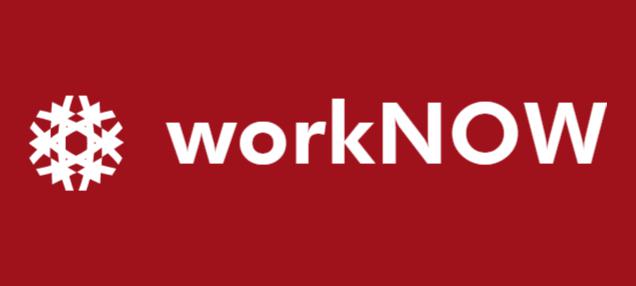Cost accounting manager
Controller Job Description
Cost Accounting Managers set up material, labor cost benchmarks, cost accounting systems design, and implementation. These professionals examine and recommend cost-cutting measures in the manufacturing process. Furthermore, they compile a corporation or organization’s financial reports. These financial experts gather, evaluate, and compile pertinent data for senior management to consider when making financial decisions. Examining operational data, analyzing manufacturing costs, and gathering accounting data from numerous departments are some of the responsibilities of a Cost Accounting Manager. They play a crucial part in the production budget as well as the development of new cost-cutting initiatives. Cost accounting managers are responsible for overseeing the cost accounting department of their organization. They’re tasked with ensuring that all costs associated with producing a product or service are properly accounted for and reported to management. Cost accounting managers may also be responsible for developing and implementing new cost accounting procedures within their company. This might include anything from creating new software systems to streamline reporting processes to updating existing policies and procedures to ensure compliance with industry standards.
Budgeting is the process of forecasting and tracking expenses. As a cost accounting manager, you may be responsible for creating and maintaining budgets for your company. This can include forecasting future expenses, creating a budget and monitoring the budget to ensure it stays within the company’s financial parameters. Financial analysis is the ability to interpret financial data and make predictions about the future. This is an important skill for cost accounting managers, as they need to be able to analyze data to make informed decisions about the company’s finances. Forecasting is the process of predicting future costs. As a cost accountant manager, forecasting is an important skill to have. You can use forecasting to predict the costs of a project before it begins, allowing you to prepare the company for the expenses. You can also use forecasting to predict the costs of ongoing projects, allowing you to adjust budgets as needed. Data analysis is the ability to interpret and understand large amounts of information. As a cost accountant manager, you may be responsible for analyzing data to determine the most cost-effective methods of production. Data analysis can help you identify the most efficient processes and materials to use. As a cost accountant manager, strategic thinking is an important skill to have. You can use strategic thinking to help your company make informed decisions about their finances and operations. For example, you can use strategic thinking to help your company make the most of their resources and find ways to reduce their costs.
Individuals pursuing a career in accounting usually need an aptitude for general mathematics and statistics, as well as the ability to take facts and figures and quickly interpret, compare and analyze the data. Getting a job in cost accounting management usually requires a degree in either accounting or some other business-related field, and a bachelor’s degree is typically the minimal educational requirement to obtain an entry-level position in accounting or finance. Related programs, such as the Bachelor of Science (BS) in Accounting and Bachelor of Science in Business Administration (BSBA) with a major in accounting, are the most common accounting degrees available in colleges and universities. Most individuals begin their careers as entry-level public accountants, internal auditors and cost accountants. Work experience will help an aspiring cost accounting manager advance in the field of accounting and is required to take the Certified Public Accountant (CPA) exam in some states.
Typical duties of a Controller
• Managing the accounting staff by providing training on new accounting procedures and processes
• Ensuring that company policies are followed regarding financial reporting requirements
• Providing support to other departments within the organization such as sales or operations
• Assisting with developing budgets and forecasting future business needs
• Conducting audits and investigating errors or irregularities in accounting records
• Analyzing financial data and developing reports for management review
• Managing the preparation of financial statements such as income statements and balance sheets
• Working with external auditors to ensure company financial statements meet legal requirements
• Establishing policies and procedures for inventory management and cost analysis
Skills:
• Strong accounting knowledge
• Excellent analytical skills
• Tech-savviness and technical proficiencies
• Communication collaboration and presentation skills
• Capital budgeting
• Risk management
• Statistics
• Corporate taxation
• Ethics
• Auditing
• Macroeconomics
• Costing
• Problem-solving
• Research-oriented
• International trade, mergers, and acquisitions working patterns
• Forecasting
• Strategic decisions making
• Performance management
• Management Skill
Qualifications: A bachelor’s degree in accounting or a related field

